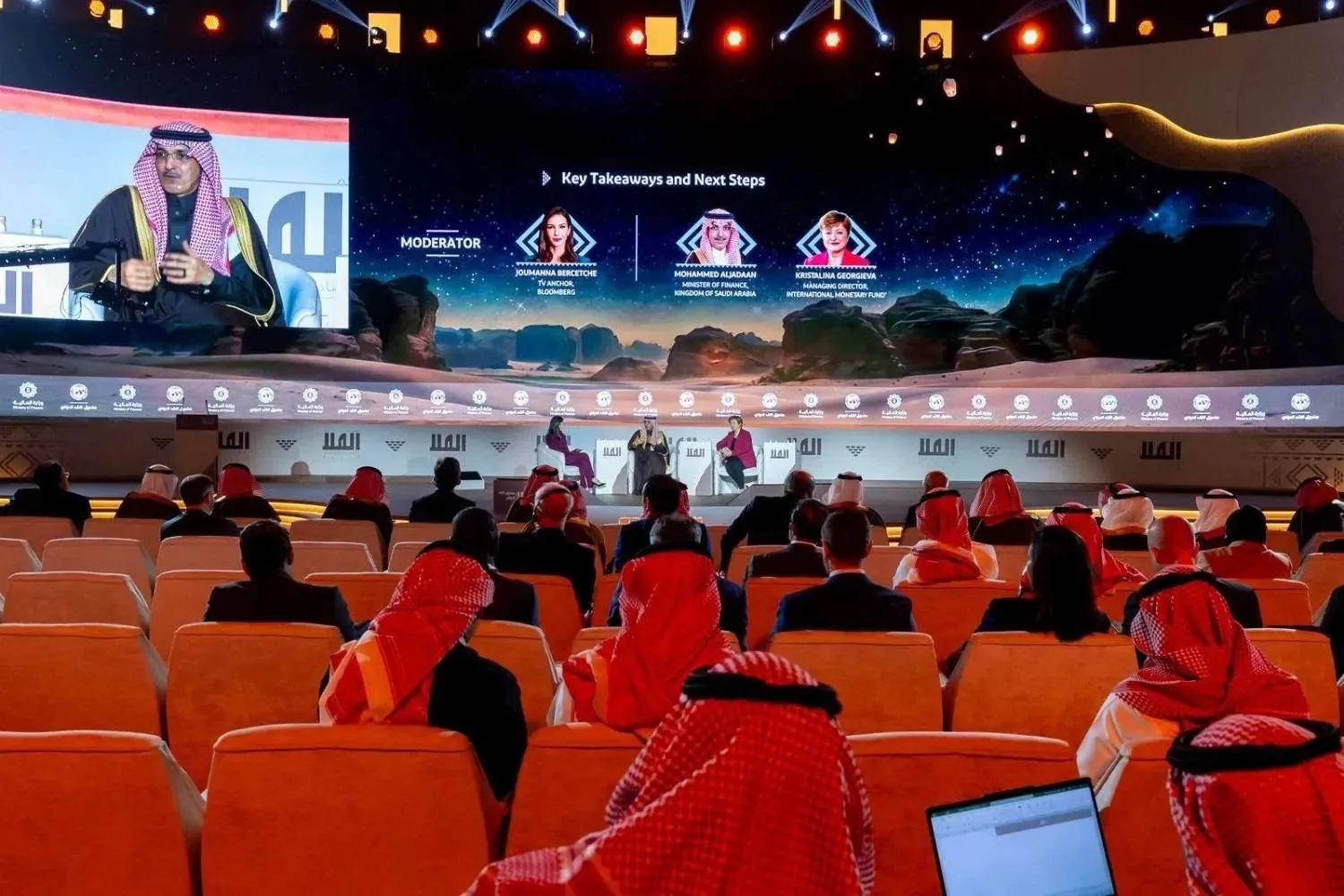The first edition of the Vision Golfe forum – a two-day business event that highlights opportunities for commercial partnerships between the Gulf States and France – kicked off in Paris on Tuesday, with the participation of senior officials and businessmen.
Speeches delivered on the first day of the event pointed to the two sides’ desire to strengthen bilateral relations and keep pace with the developments in the world.
French Minister of Economy and Finance Bruno Le Maire affirmed that the six countries of the Gulf Cooperation Council “play a decisive role in the issue of the transition to clean energy.”
“The old world in the Gulf region meant oil, but the image of the new world for the Gulf countries is intensive investment in clean energy and combating global warming,” he stated.
Paris wants to present itself as being at the forefront of countries seeking to achieve an ecological transition and a zero-carbon green economy.
In this context, Le Maire pointed to the presence of an “extraordinary opportunity today” to work with the Gulf countries that “possess natural and financial resources” to move towards a green economy.
The French minister emphasized the similarity between his country’s strategy and the approach adopted in the Gulf, as well as the achievements made in this field, including Saudi Arabia’s green hydrogen project.
Le Maire called for cooperation and partnerships in this sector, as well as in the peaceful use of nuclear energy and new technologies.
For his part, Saudi Minister of Industry and Mineral Resources Bandar Al-Khorayef talked about his ministry’s modernization projects, saying: “We don’t want to remain limited to imports and consumption, and we do not need money to invest in our economy. We want partnerships that enable us to own technologies, develop and enhance our industries so that we are not just consumers.”
The Saudi minister was keen to stress that Riyadh’s strategy “takes into account the country’s economic interests...but also cares about international economic challenges and a zero-carbon economy.”
Laurent Saint-Martin, General Manager of Business France, stressed the need to go to this direction, pointing to common challenges facing both sides.
The first day of the event was attended by 900 participants, including 350 officials and businessmen from Gulf countries.









